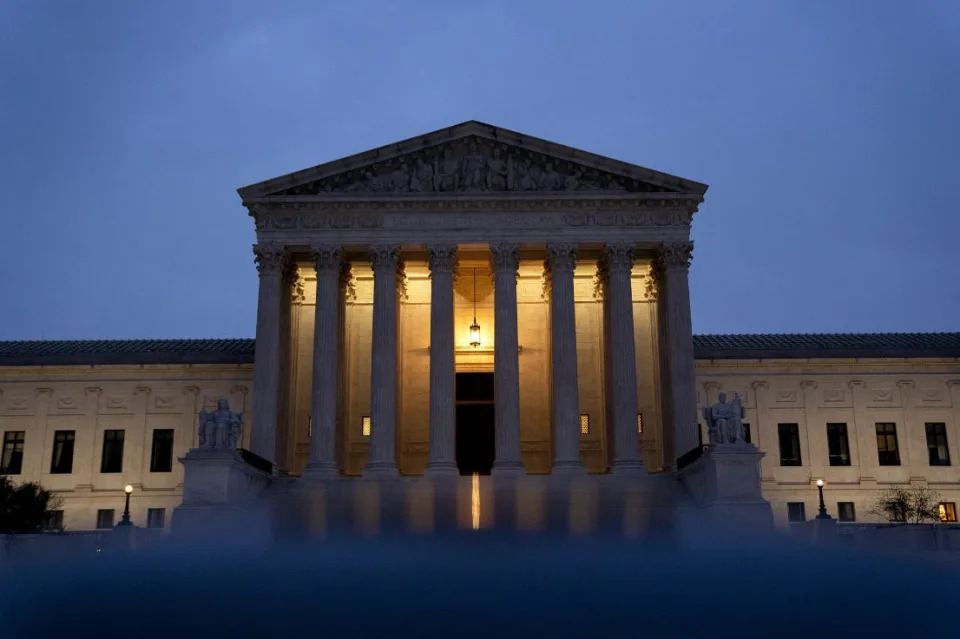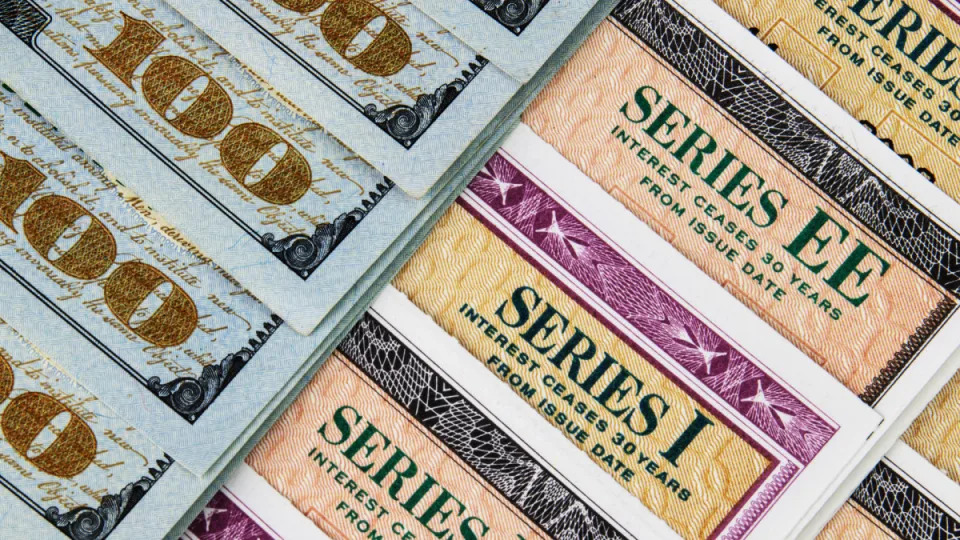
A recent Supreme Court decision could hinder one of the stock market's biggest reasons for rallying around Donald Trump's coming second term in office.
Trump's election win in November excited Wall Street over the idea that a wave of deregulation was set to unleash gains for American businesses.
However, the Supreme Court's June decision to overturn the so-called Chevron doctrine could hinder the Trump administration's deregulatory agenda, strategists at Carson Group said this week.
The Chevron doctrine was a decadeslong legal precedent dating back to 1984 that empowered federal government agencies to interpret laws when legislation passed by Congress was ambiguous.
The Supreme Court's precedent, set during the Ronald Reagan administration, was that courts should defer to the agencies rather than make their own judgment in such instances.
However, since the precedent was overturned in June, courts are now dismissing federal agencies' interpretations of ambiguous laws.
This was on full display earlier this week when the Sixth Circuit Court of Appeals struck down net neutrality rules.
The three-judge panel specifically highlighted the downfall of the Chevron doctrine in their ruling.
"Unlike past challenges that the D.C. Circuit considered under Chevron , we no longer afford deference to the FCC's reading of the statute," the decision said.
Barry Gilbert, investment strategist at Carson Group, said in a note on Friday that the Chevron doctrine was initially supported by conservative justices in 1984 "because it made deregulation easier."
"Overturning Chevron was great (from a Republican perspective) when Democrats are in power, but it also makes deregulation more difficult, which is why the original Chevron case went to the Supreme Court in the first place," Gilbert said.
With Republicans set to hold a trifecta of power in the White House and both chambers of Congress later this month, the overturning of the Chevron doctrine could come back to bite them when it comes to enacting policies aimed at loosening regulations for the private sector, according to Gilbert.
"Some efforts to lighten regulatory requirements are likely to be met with waves of litigation that may take years to work their way through the court system," Gilbert said.
What could have been swift deregulation policies enacted by President-elect Trump could now take much longer to play out as lawsuits inevitably make their way before the courts.
"We are worse off than the Reagan administration was before the Chevron ruling, because courts will be drawn into the messy process of delineating exactly what the new ruling means," Gilbert said.
In a December note, UBS said that after the overturning of the Chevron doctrine, certain efforts to cut spending could also be impeded.
"The ruling also makes it harder to cut spending in areas that are well-defined in legislation," UBS said.
UBS said that could impact the efforts of the newly formed Department of Government Efficiency, which seeks to significantly shrink the footprint of federal agencies. Eliminating entire agencies like the Department of Education would require 60 votes in the Senate.
While deregulation is still on the table during Trump's second administration, it could ultimately happen much slower than during his first administration, which could set the stock market up for disappointment.
"It may make deregulation under the new Trump administration less robust than markets expect in places," Gilbert said.
Read the original article on Business Insider






